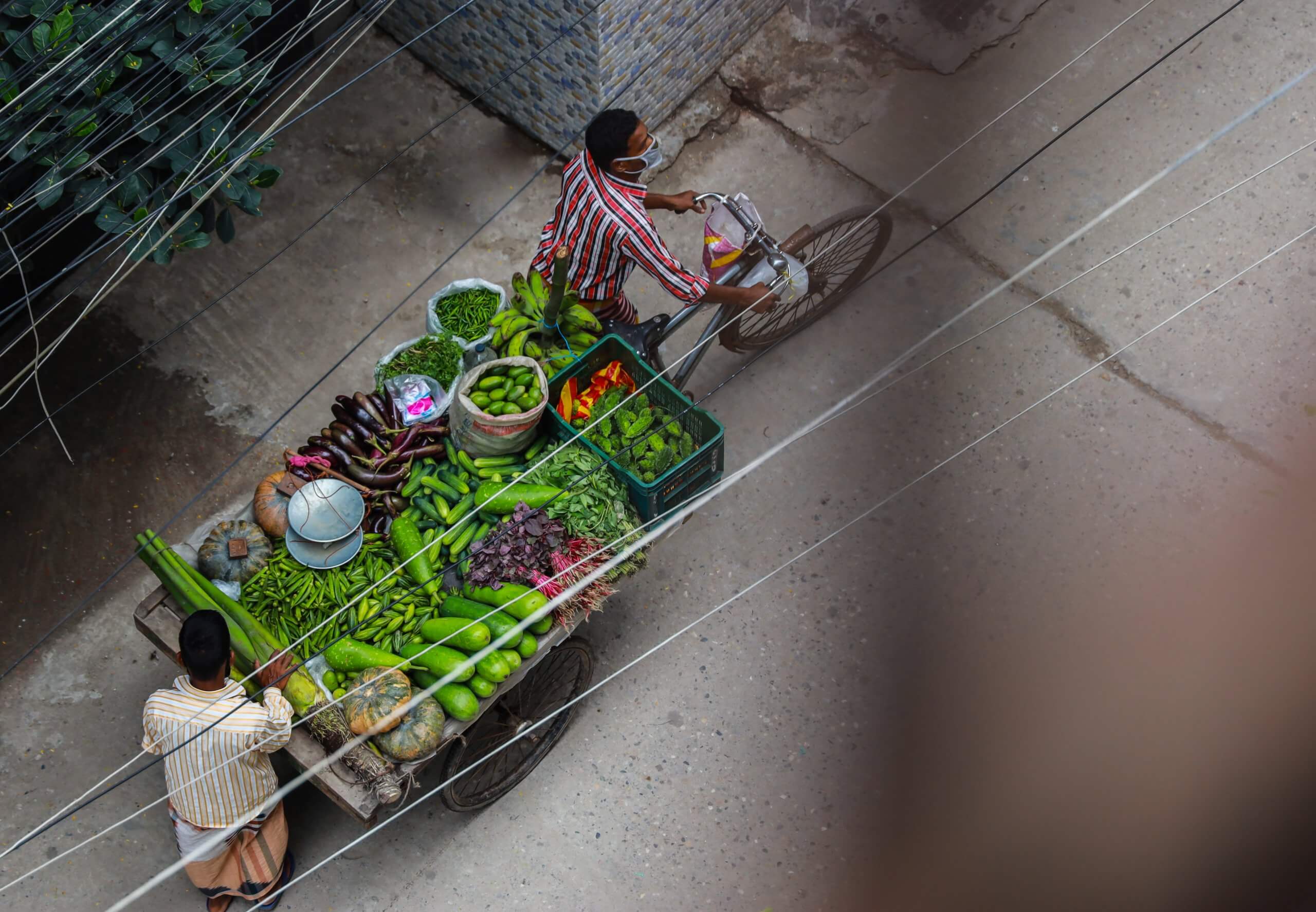The action and its aims
In Dhaka, orange carts are used only by street food vendors who have completed food safety training and passed a series of physical and mental tests. They have become a symbol for good food safety and hygiene practices. The aim of such distinctive carts is to help customers identify the safest sources of street food.
When it was introduced
The carts – known locally as ‘kamala’, the Bengali word for orange – were introduced in 2016.
Why it was needed
Street vendors provide convenient, cheap food in the city, but investigations have shown rampant contamination, unsanitary practices and poor education of vendors. Traditional carts are ill-equipped and are open, exposing food to dust, flies and air pollution. The new, enclosed carts are equipped with clean water, hand sanitisers and serviettes.
Who initiated it, who is involved
The carts are part of the food safety training programme, run by the FAO and Dhaka North- and Dhaka South Corporations (local governments), and funded by the Dutch government. Qualified vendors may purchase a kamala cart for around USD570.
Impacts to date
More than 260 kamala carts are in operation in Dhaka. Early evaluations indicate a reduction in food-borne disease incidence since the new carts hit the streets.

